What They Told Us: Reviewing Last Week’s Key Polls: Week Ending January 17, 2015
Bob Dylan once declared, “Something is happening here, but you don’t know what it is.” That could well describe America’s response to radical Islam.
Search for "January 6"
Site search returned 222 matches
Sort results by
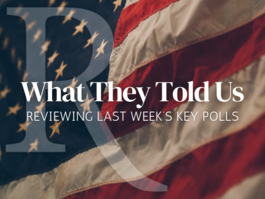
Bob Dylan once declared, “Something is happening here, but you don’t know what it is.” That could well describe America’s response to radical Islam.
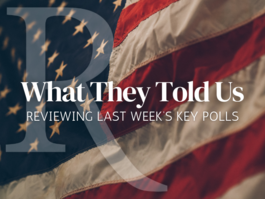
Obama vs. Congress – Round One. Voters are strongly hoping the country comes out the winner.
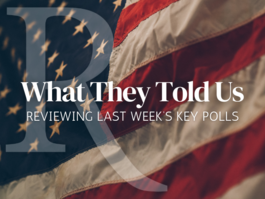
Happy New Year?
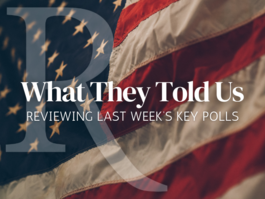
It’s often been said that there are two or more Americas within the fabric of this great nation. Racially, that’s certainly true.
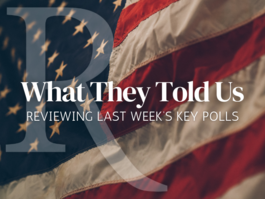
Republicans hope they can ride voter unhappiness with Obamacare all the way to control of Congress, but how big a problem is the health care law for Democrats really?
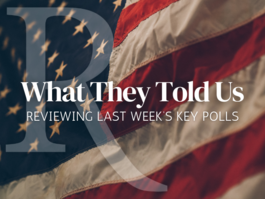
Voters are increasingly pessimistic about the War on Terror even as they continue to question the National Security Agency’s spying efforts to fight it.
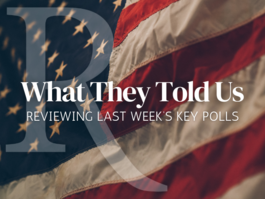
With Oklahoma Senator Tom Coburn’s announcement this week that he will resign at the end of the current congressional session, 36 of the 100 U.S. Senate seats are now up for grabs in November’s midterm congressional elections. Twenty-one are held by Democrats, 15 by Republicans.
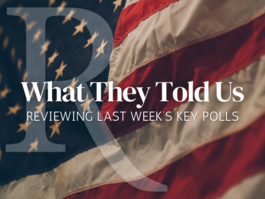
The U.S. economy’s still not a pretty picture, but Americans seem to be going with the flow. The government at week’s end reported the weakest job growth in years in December. The unemployment rate fell, but that was largely due to Americans leaving the work force.
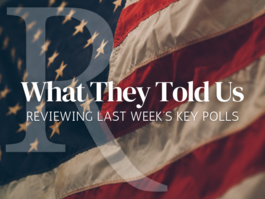
Americans traditionally are more upbeat as the new year begins, but that optimism only goes so far.
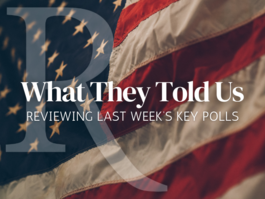
Americans like a level playing field, but that’s not what they see these days.
As April 15 approaches, half of Americans think they are paying more than their fair share in taxes to Uncle Sam.
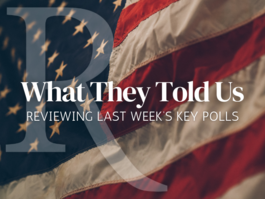
President Obama remains a popular leader, but voters are less certain about the activist big government he championed Monday in his second inaugural address.
A plurality (45%) of voters, for example, continues to believe the financial bailouts were a bad move, and they prefer an economic system with more competition and less government regulation moving forward.
The president has called for more government help for homeowners with mortgage problems, but only 18% of Americans believe the government should assist those who cannot afford their increased mortgage payments. That ties the lowest level of support ever.
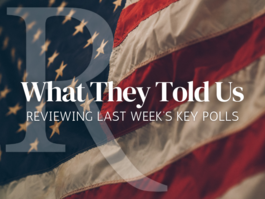
So what’s the state of the union as President Obama prepares for the beginning of his second term on Monday?
Nearly six-out-of-10 voters plan to watch at least some of Obama's second inauguration live on Monday, but that’s a smaller crowd than planned to tune in four years ago. Most Democrats and unaffiliated voters intend to watch at least some of the ceremony; 61% of Republicans don’t plan to watch any at all.
Still, over 50% of all likely voters approve of the job Obama is doing as he continues to earn some of the highest job approval ratings of his presidency.
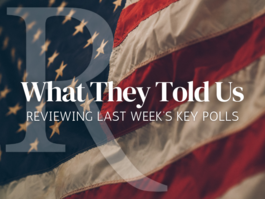
When it comes to politics, America is clearly two different nations without much middle ground.
Half of all likely voters now give President Obama positive marks for leadership, his highest ratings since the early months of his presidency. But take a closer look: Eighty-nine percent (89%) of Democrats and 53% of voters not affiliated with either of the major political parties give Obama good or excellent marks for leadership. Just 16% of Republicans agree.
Obama’s job approval ratings in the daily Presidential Tracking Poll are also running at the highest levels of his presidency. But on Friday, for example, while 86% of Democrats approved of the job the president is doing, 83% of GOP voters disapproved. Unaffiliated voters were evenly divided.
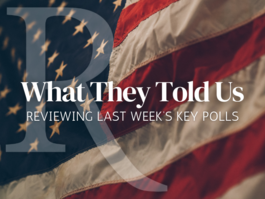
The week began with a “fiscal cliff” deal that surprised no one and earned mixed reviews. It ended with another mixed unemployment report that is unlikely to change the general concerns about the nation’s economy.
Voters are evenly divided in their views of the last-minute deal to avoid the “fiscal cliff” reached by President Obama and Congress. Most Democrats like it; most Republican don’t. Very few expect government spending to go down as a result.
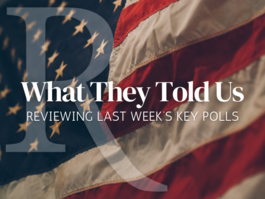
Close as the presidential race has been for months, it doesn’t take much to make a difference, and Mitt Romney’s debate win this past week appears to have impacted the numbers in the Key Three Swing States – Florida, Ohio and Virginia. It’s too early to say what impact Friday’s government jobs report will have.
New Rasmussen Reports polling taken after the debate finds Romney up two in Florida, up one in Virginia and down one in Ohio. It is virtually impossible for Romney to win the White House without winning at least two of these three states. They remain Toss-Ups in the Rasmussen Reports Electoral College Projections.
Romney remains slightly ahead in Missouri and North Carolina, while Obama has more comfortable leads in New Mexico and Washington State.
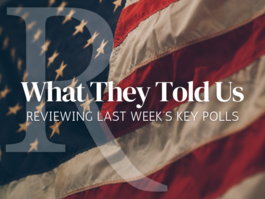
In surveys last week, this is what America told Rasmussen Reports...

Economic confidence increased to 102.2 in this month’s Rasmussen Reports Economic Index, more than four points higher than December.

Economic confidence decreased to 93.6 in this month’s Rasmussen Reports Economic Index, more than three points lower than December.

Economic confidence fell to 97.3 in this month’s Rasmussen Reports Economic Index, nearly two points lower than December. January’s decline follows two consecutive months of gains since hitting 96.6 in October, which was the lowest index since May 2020.

After spiking to a five-year high in January, economic confidence fell back four points this month with the Rasmussen Reports Economic Index hitting 143.9. But it still remains in record high territory.